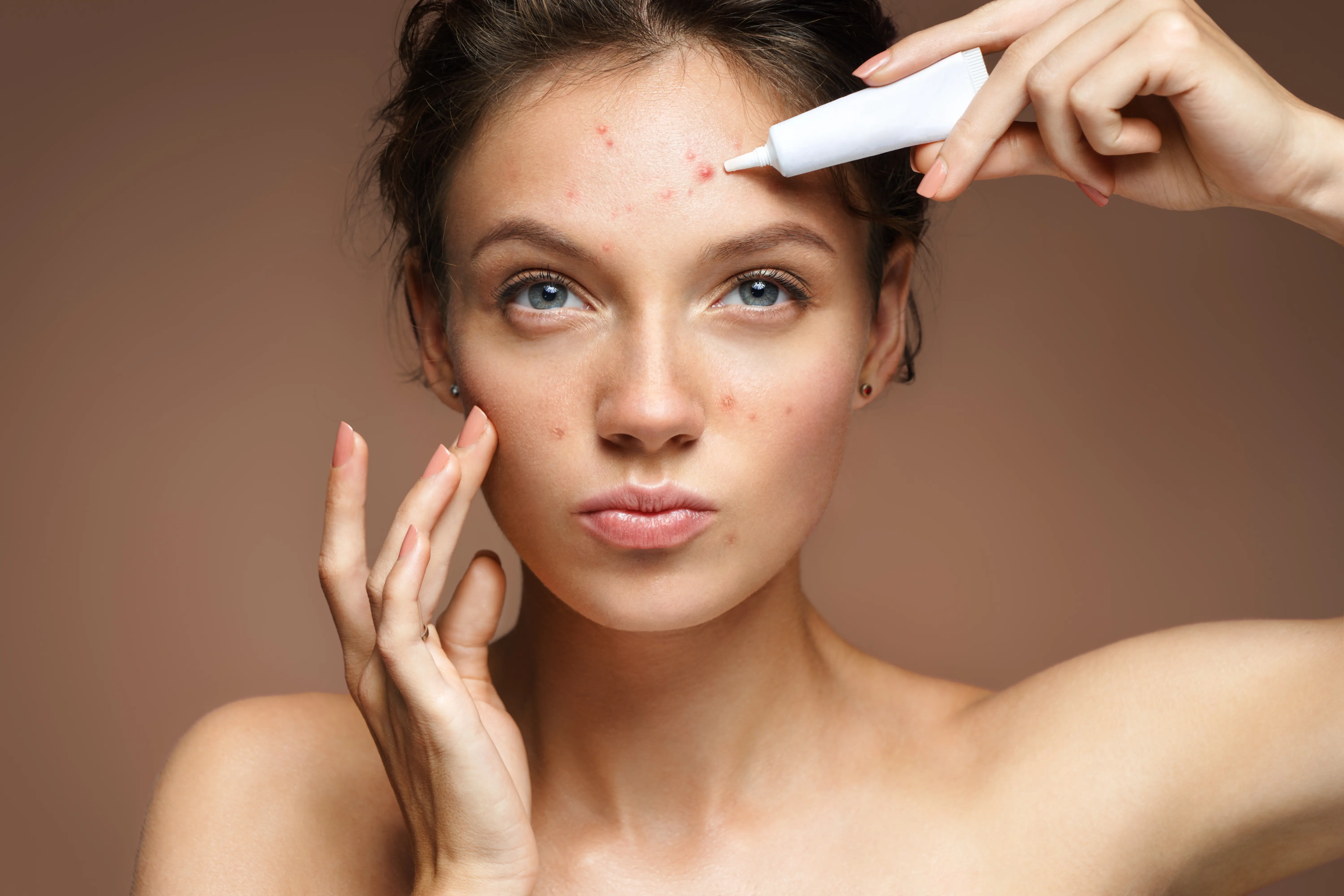How Do Dermatologists Treat Acne?
SkinCare in Wellesley, MA

Most people will have acne at some point, especially during their teenage years. For a majority of patients, a few pimples here and there may emerge occasionally, but are not a major issue and can be easily treated with over-the-counter spot treatments or a simple change in your skincare habits. For others, however, acne can be more severe and require professional treatment from a dermatologist like Dr. Rashel Goodkin.
If you make an appointment with Dr. Goodkin for your acne, here are a few treatment options that you could expect.
Diagnosis
First, Dr. Goodkin will evaluate your skin and determine the cause and type of your acne. This will inform the best treatment option for you. Many factors, ranging from hormones to wearing tight clothing to an improper skincare routine, may be causing your acne. Further, Dr. Goodkin will determine whether your acne falls into the following categories:
- Whiteheads
- Blackheads
- Papules
- Pimples/pustules
- Nodules
- Cysts
Topical Acne Medication
A range of topical medications, including benzoyl peroxide, retinoids, azelaic acid, salicylic acid, or antibiotics, may be prescribed for your acne. These can be placed directly on the skin to treat existing breakouts and prevent future ones. Products like retinoids or gentle acids work to unclog the pores and exfoliate the skin. Antibiotics work to kill acne-causing bacteria.
Oral Acne Medication
Especially for those with acne nodules or cystic acne, which tend to be more painful and more likely to result in scarring, Dr. Goodkin may prescribe an oral medication. For females, birth control may be an option to regulate hormones and reduce breakouts. Antibiotics may also be prescribed to reduce your acne-causing bacteria. Isotretinoin, also known as Accutane, may also be prescribed for those with more severe acne. Isotretinoin can have severe side effects for some patients but is highly effective in treating acne for others.
Corticosteroids
Typically administered by injection, corticosteroids help to reduce inflammation. For painful or severe acne, Dr. Goodkin may recommend a corticosteroid to help your skin heal.
Effective At-home Acne Care
Regardless of which treatment plan Dr. Goodkin recommends, she will also recommend an effective at-home routine to help you prevent breakouts. Patients with acne should develop good habits to cleanse their skin of excess oil or bacteria, gently exfoliate to reduce dead skin cells that clog pores, and moisturize to prevent over-production of oil. Dr. Goodkin can recommend products that should be effective for you to use at home.
Schedule an Appointment
To get started with an effective acne treatment plan, schedule an appointment with Harvard-educated dermatologist Dr. Rashel Goodkin. Call our office at (781) 227-7977 or request your appointment online.
